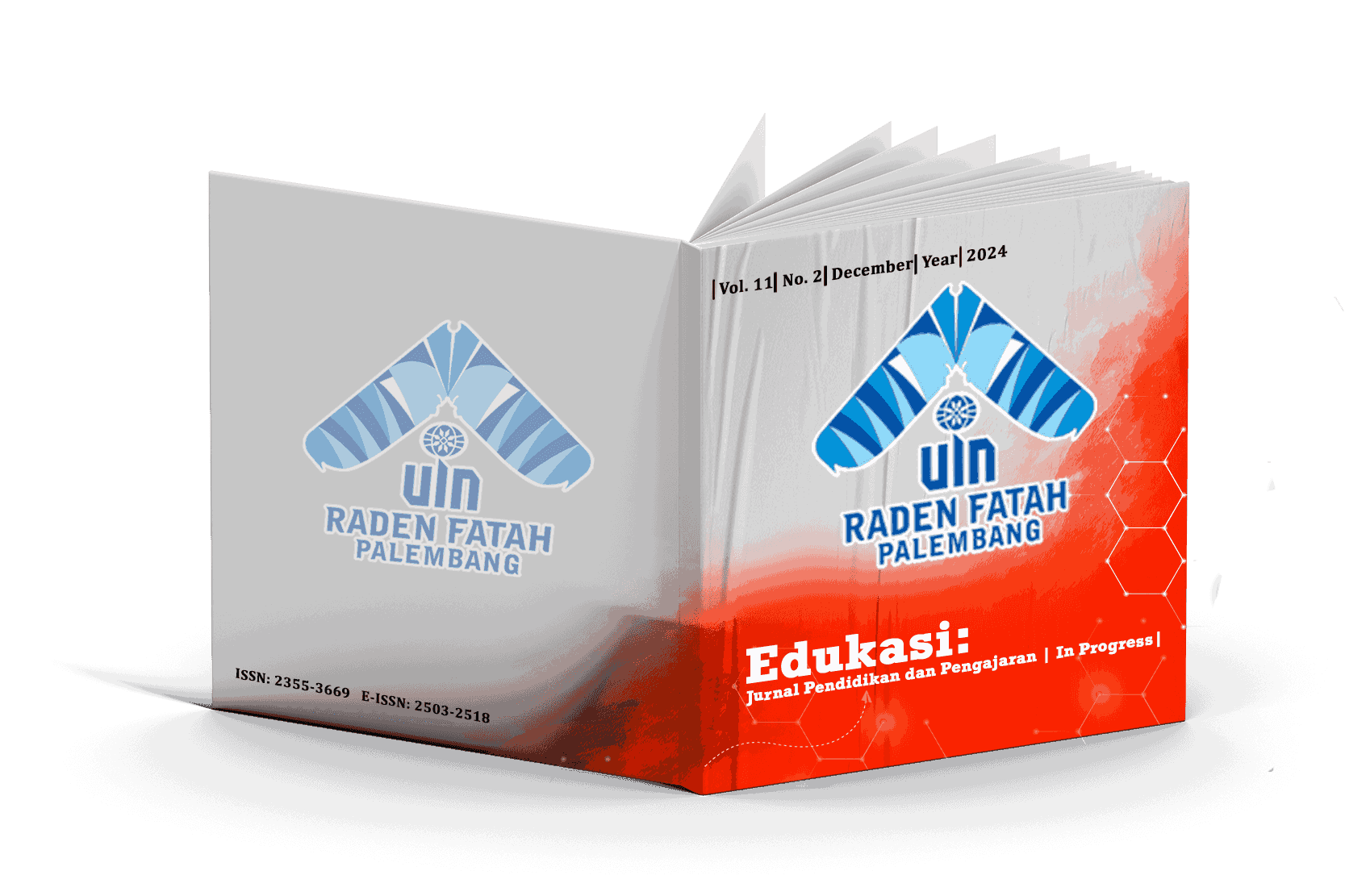Navigating Language Alteration: A Case Study on English Language teachers’ code Switching and Mixing in Classroom Speaking Activities
DOI:
https://doi.org/10.19109/ejpp.v12i2.29253Abstract
This research investigated the various types and functions of code switching and code mixing employed by English teachers in teaching speaking activities. Utilizing a qualitative case study approach, the research involved two eleventh-grade English teachers. Data collection was conducted through classroom observations and semi-structured interviews. The data were then analyzed by using thematic analysis, which enabled the researchers to systematically identify, code, and categorize patterns across the data set. As a result of this analysis, the findings regarding the types and functions of code switching and code mixing emerged from recurring themes observed during classroom practices and interviews. The research identified three types of code switching: tag-switching, inter-sentential switching, and intra-sentential switching. Additionally, three types of code mixing were observed: insertion, alternation, and congruent lexicalization. Regarding functions, six functions of code switching were recognized: referential, directive, expressive, phatic, metalinguistic, and poetic. Furthermore, seven functions of code mixing were identified: quotation, addressee specification, repetition, interjection, message qualification, personalization/objectivization, and facilitation of expression. The results indicated that both code switching and code mixing significantly supported students’ engagement, understanding, and active involvement in speaking activities. These linguistic strategies allow teachers to manage the classroom effectively and deliver material more clearly by adjusting the language based on students’ needs and contexts. This research provided valuable insights for English teachers in multilingual classrooms, particularly in EFL contexts.
Downloads
Published
Issue
Section
License
Copyright (c) 2025 Edukasi: Jurnal Pendidikan dan Pengajaran

This work is licensed under a Creative Commons Attribution-NonCommercial-ShareAlike 4.0 International License.
After the manuscript is accepted for publication, authors will be required to sign a copyright transfer form. Copyright will be transferred to State Islamic University of Raden Fatah, Palembang, South Sumatra, Indonesia, via e-mail. A copyright form will be sent to you via e-mail after the accepted manuscript has been submitted.











